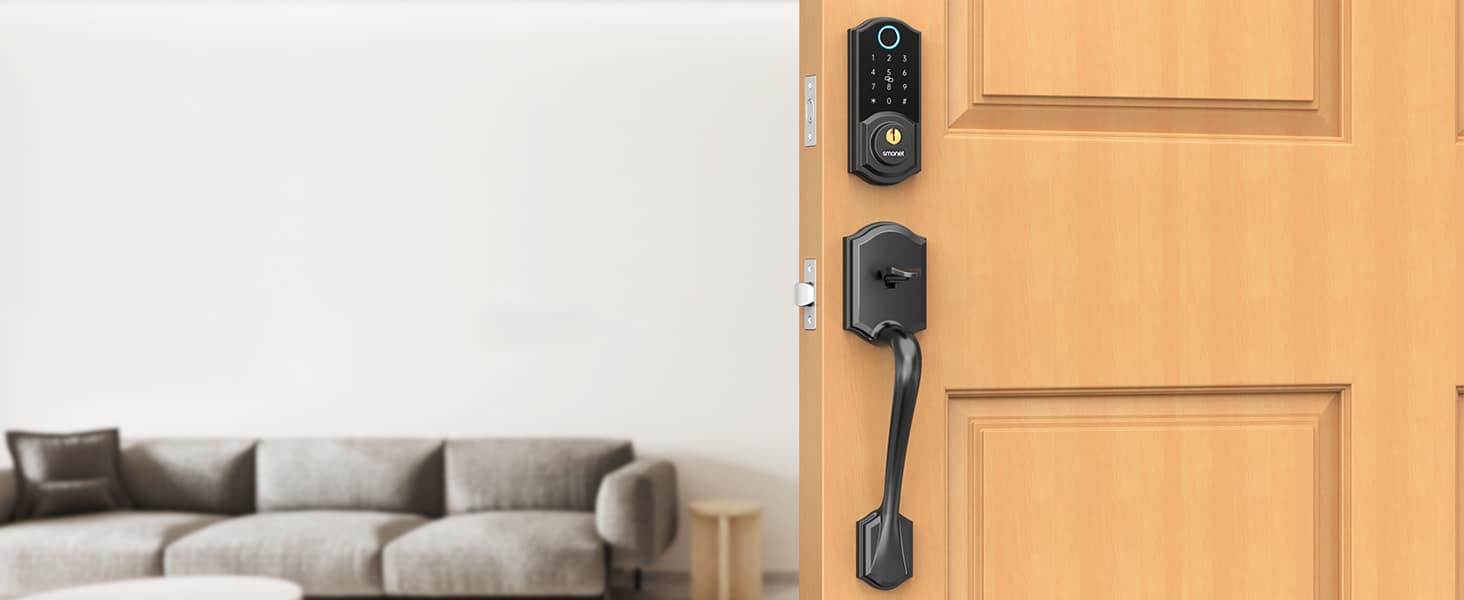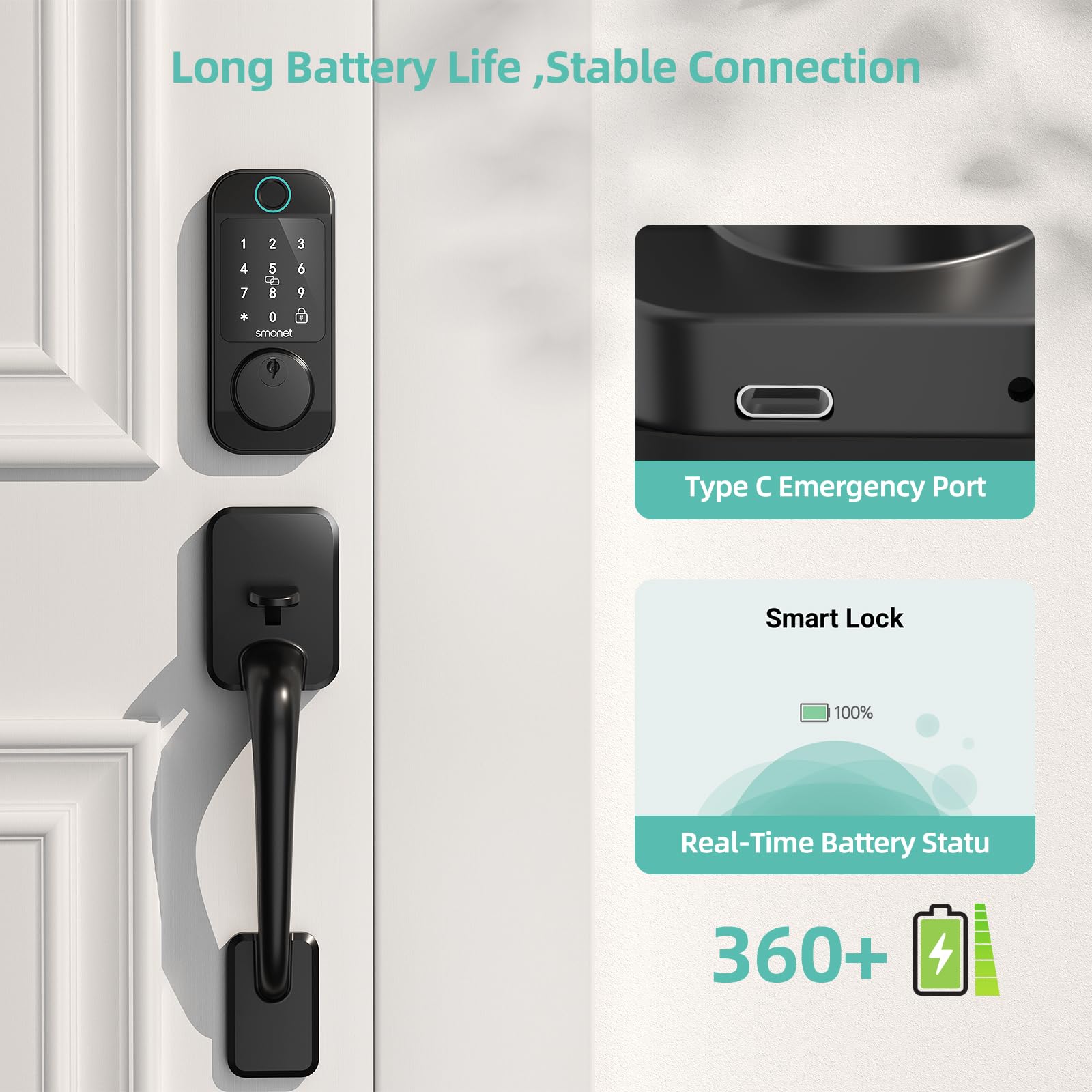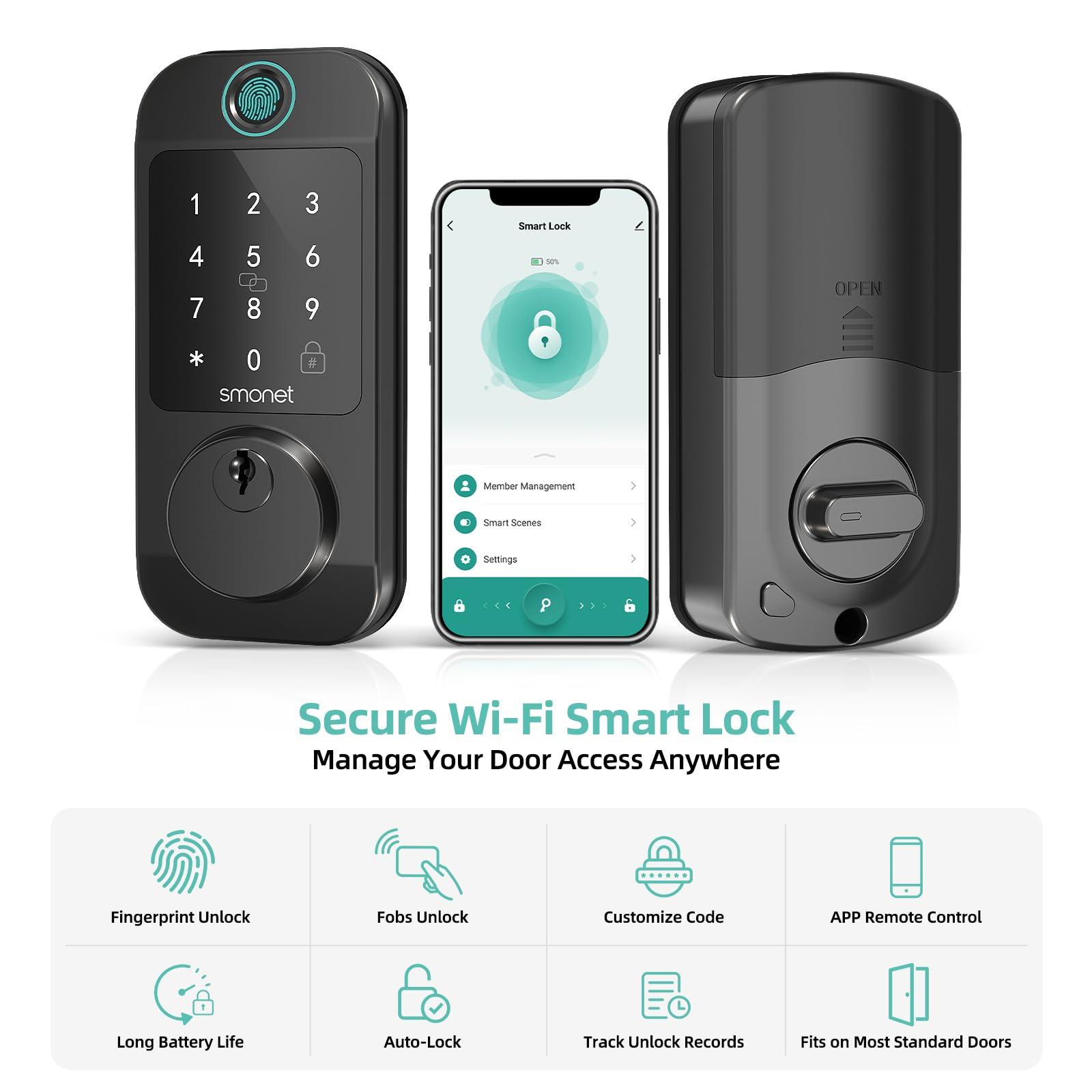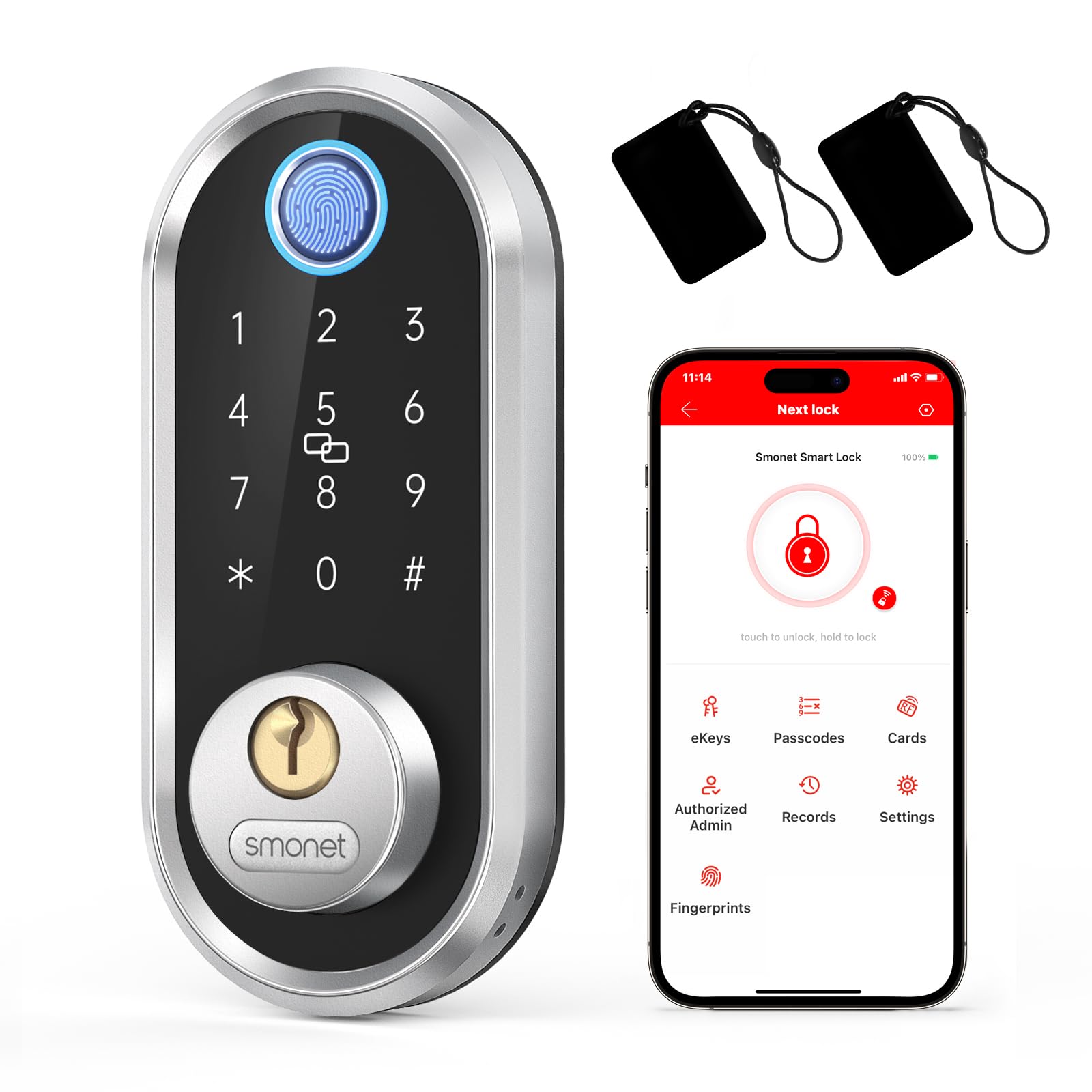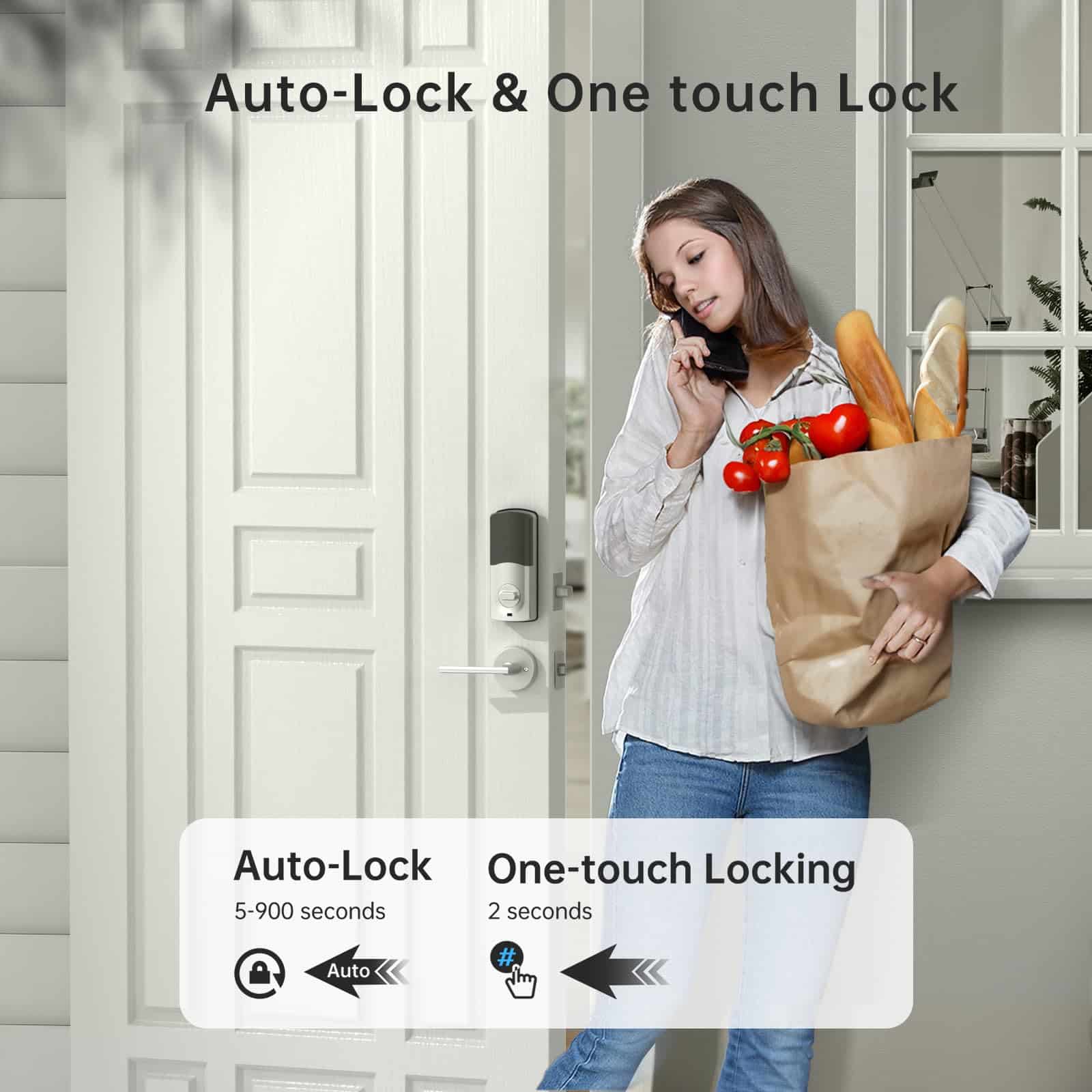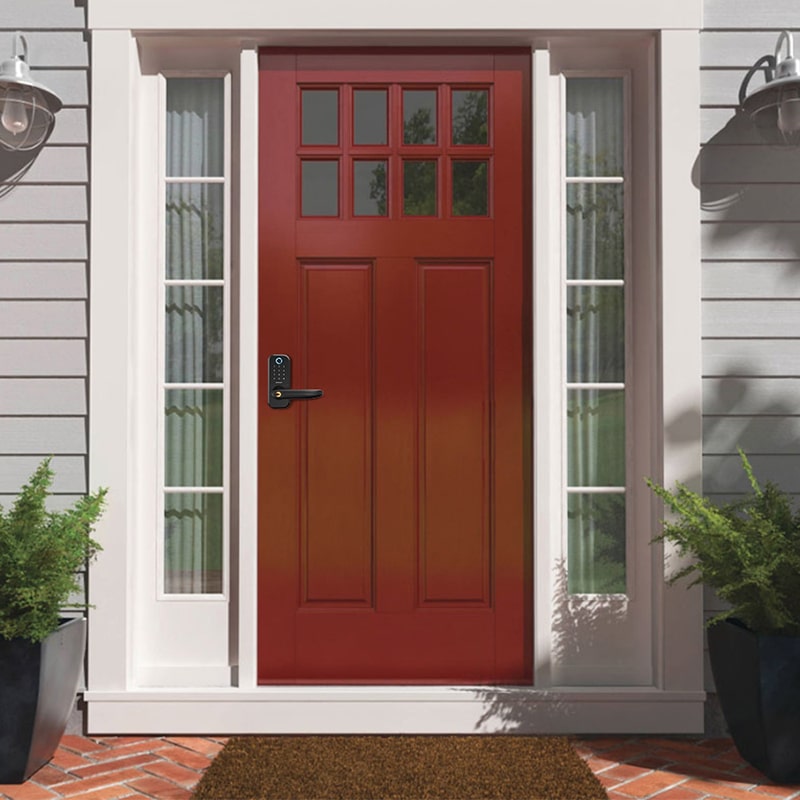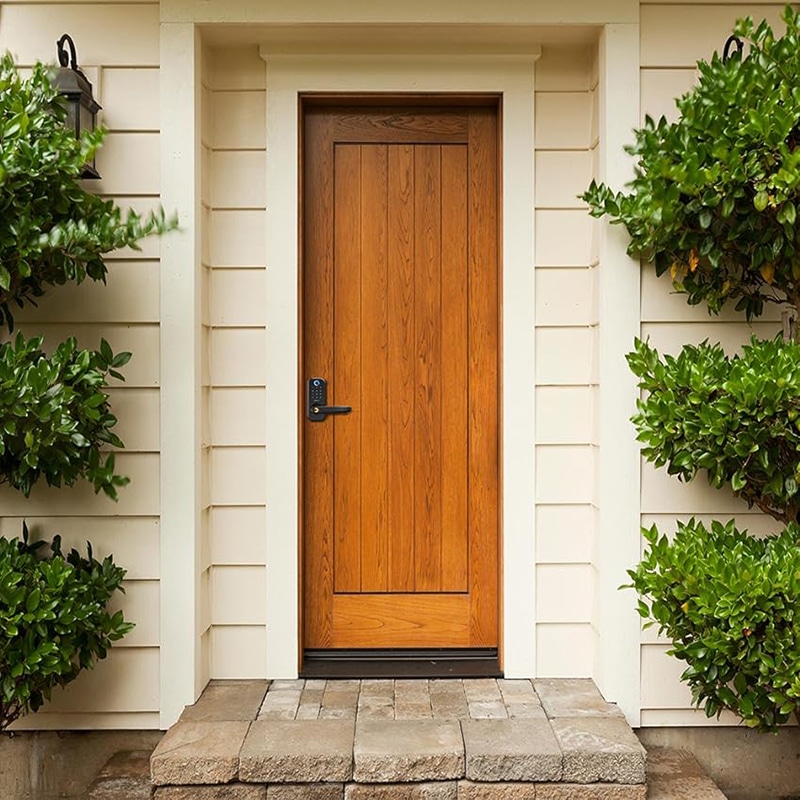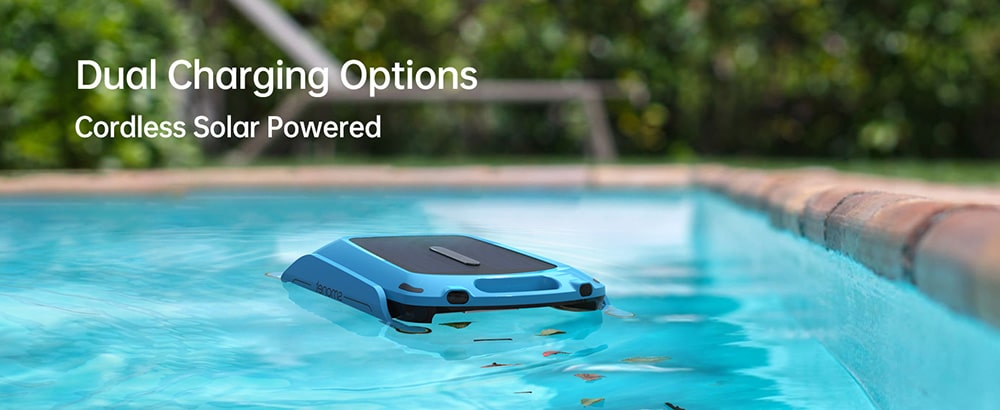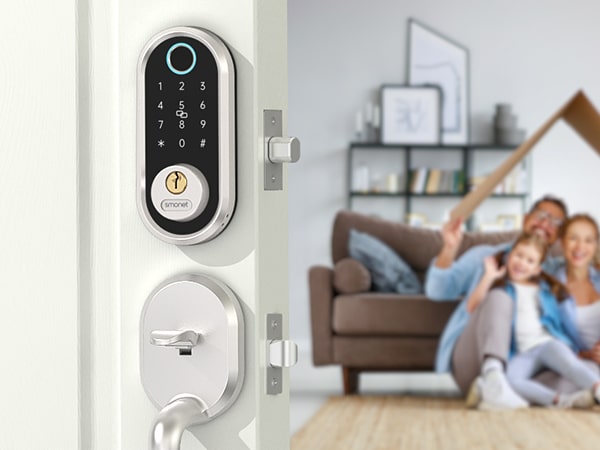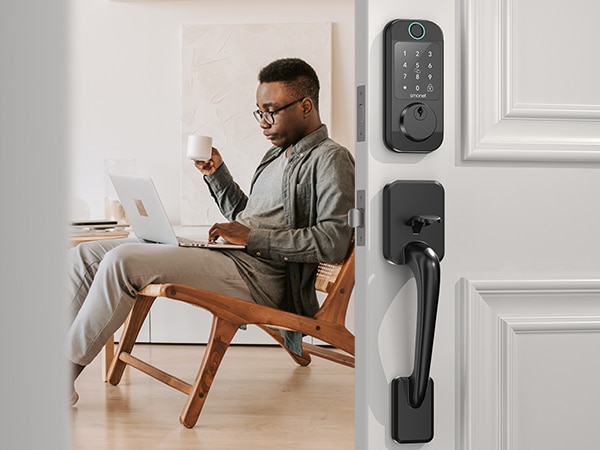Is a Fingerprint Door Knob Safer Than a Physical Door Lock?
Nowadays, security has been a top priority for homeowners and businesses alike. With advancements in technology, traditional physical door locks are being challenged by modern alternatives such as fingerprint door knobs. But the question remains: Is a fingerprint door lock safer than a physical door lock? This article will explore the details to understand the pros and cons of each.
Table of Contents
1. Advantages of Locker with Fingerprint
Lockers with fingerprint technology bring a new level of security and ease of use. By leveraging biometric identification, they eliminate the need for keys or combination codes, ensuring only authorized individuals can access the contents. This advanced solution is not only tamper-resistant but also highly convenient, offering quick access without the hassle of remembering codes or carrying keys. These features make fingerprint lockers ideal for securing valuables in homes, offices, or public spaces.
1) Enhanced Security
Lockers with fingerprint offer a higher level of security as they rely on unique biometric data. Unlike physical keys, which can be duplicated, fingerprints are unique to each individual, making unauthorized access more difficult.
2) Convenience
With lockers with fingerprint, there’s no need to carry keys or remember combinations. Simply place your finger on the scanner, and the door unlocks. This convenience is particularly beneficial for those who tend to lose their keys or forget passwords.
3) Access Control
Fingerprint door locks allow for easy management of access. You can quickly add or remove users from the system without the need to change locks or distribute new keys. This is ideal for businesses or households with multiple users.
4) Audit Trail
Many fingerprint door locks come with built-in audit trails, allowing you to track who accessed the door and when. This feature is useful for monitoring access and enhancing security.
2. Disadvantages of Door Lock with Fingerprint
Despite their advanced capabilities, door locks with fingerprint come with certain limitations. Environmental factors, such as dirt, moisture, or extreme temperatures, can interfere with fingerprint recognition, leading to accessibility issues. Furthermore, the need for regular battery replacements or a power supply adds an extra layer of maintenance. High initial costs and potential compatibility issues with traditional doors can also make these locks less appealing for some users.
1) Cost
Door locks with fingerprint tend to be more expensive than traditional physical locks. The initial investment can be a deterrent for some homeowners or small businesses.
2) Power Dependency
Most door locks with fingerprint require power to operate, either through batteries or a direct power source. In case of a power outage or battery failure, access may be compromised unless a backup system is in place.
3) False Rejections
While rare, fingerprint scanners can sometimes fail to recognize authorized users due to dirt, cuts, or changes in the fingerprint. This can cause inconvenience and frustration.
4) Privacy Concerns
Storing biometric data raises privacy concerns. It’s crucial to ensure that the fingerprint data is stored securely and not accessible to unauthorized parties.
3. Advantages of Physical Door Locks
Physical door locks have stood the test of time as reliable and straightforward security solutions. They are widely accessible, easy to install, and do not require power sources or electronic components, ensuring uninterrupted operation. Additionally, physical locks are typically more affordable and compatible with most door types, making them a versatile choice for homes and businesses alike.
1) Simplicity
Physical door locks are straightforward and easy to use. There’s no need for technical knowledge or electronic devices to operate them.
2) Reliability
Physical locks do not rely on power, making them reliable in all situations, including power outages. They are also less prone to technical malfunctions.
3) Cost-Effective
Traditional locks are generally more affordable and widely available. They offer a cost-effective solution for basic security needs.
4) Proven Technology
Physical locks have been used for centuries and have a proven track record of effectiveness. They are a trusted and familiar security measure for many.
4. Disadvantages of Physical Door Locks
While physical door locks are dependable, they are not without flaws. Keys can be easily lost, stolen, or duplicated, compromising security. Furthermore, physical locks can be susceptible to picking or forced entry, depending on their quality. Regular wear and tear may also reduce their effectiveness over time, requiring frequent maintenance or replacement.
1) Key Management
Managing physical keys can be cumbersome, especially if multiple people need access. Keys can be lost, stolen, or duplicated without authorization.
2) Limited Security
Physical locks can be picked or broken by experienced intruders. They offer a basic level of security but may not be sufficient against sophisticated break-in attempts.
3) Wear and Tear
Physical locks and keys are susceptible to wear and tear over time, which can affect their functionality and require maintenance or replacement.
5. Conclusion
Both fingerprint door knobs and physical door locks have their own set of advantages and disadvantages. Fingerprint door locks offer enhanced security, convenience, and access control, making them a suitable choice for those seeking modern security solutions. However, they come with higher costs and potential technical issues. On the other hand, physical door locks are cost-effective, reliable, and simple to use but may not provide the same level of security and convenience as their biometric counterparts.
Ultimately, the choice between a fingerprint door knob and a physical door lock depends on your specific security needs, budget, and preferences. For maximum security, some may opt for a combination of both systems to leverage the benefits of each.
Prime Day OFF
Until the End
-
Master Of Cleanliness: Visual Guide To Recognizing And Understanding Your Electric Pool Cleaners
-
Making the Right Choice for A Best Keypad Door Lock: A Guide Based on Material Consideration
-
The 7 Most Common Types of Locks for Home and Office Security
-
Door Knob With Fingerprint Identification- The Future Of Home Security
-
Selecting the Ideal Digital Door Lock Style and Color for Your Abode
-
Evolution Of Security- Smart Door Key Lock
-
Mailbox Digital Lock- Reinventing Mail Security In The Digital Age
-
Exploring Alternative Unlocking Solutions - Smart Lock Fingerprint Cards and Wristbands
-
Touch Id Door Locks- Next-Generation Security At Your Fingertips
-
Smonet Home Door Lock- The Future Of Home Security

